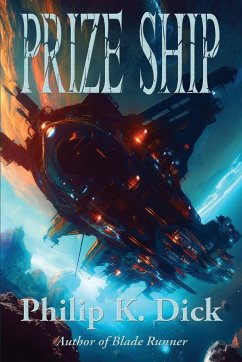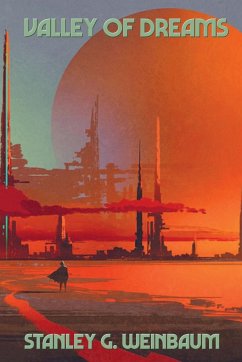By the Author of Blade Runner. The war had been going on for two Terran months, with no sign of a break. The System Senate's difficult position came from the fact that Ganymede was the jump-off point between the System and its precarious network of colonies at Proxima Centauri. All ships leaving the System for deep-space were launched from the immense space cradles on Ganymede. There were no other cradles. Ganymede had been agreed on as the jump-off point, and the cradles had been constructed there. The Ganymedeans became rich, hauling freight and supplies in their tubby little ships. Over a period of time more and more Gany ships took to the sky, freighters and cruisers and patrol ships. One day this odd fleet landed among the space cradles, killed and imprisoned the Terran and Martian guards, and proclaimed that Ganymede and the cradles were their property.
Hinweis: Dieser Artikel kann nur an eine deutsche Lieferadresse ausgeliefert werden.
Hinweis: Dieser Artikel kann nur an eine deutsche Lieferadresse ausgeliefert werden.









